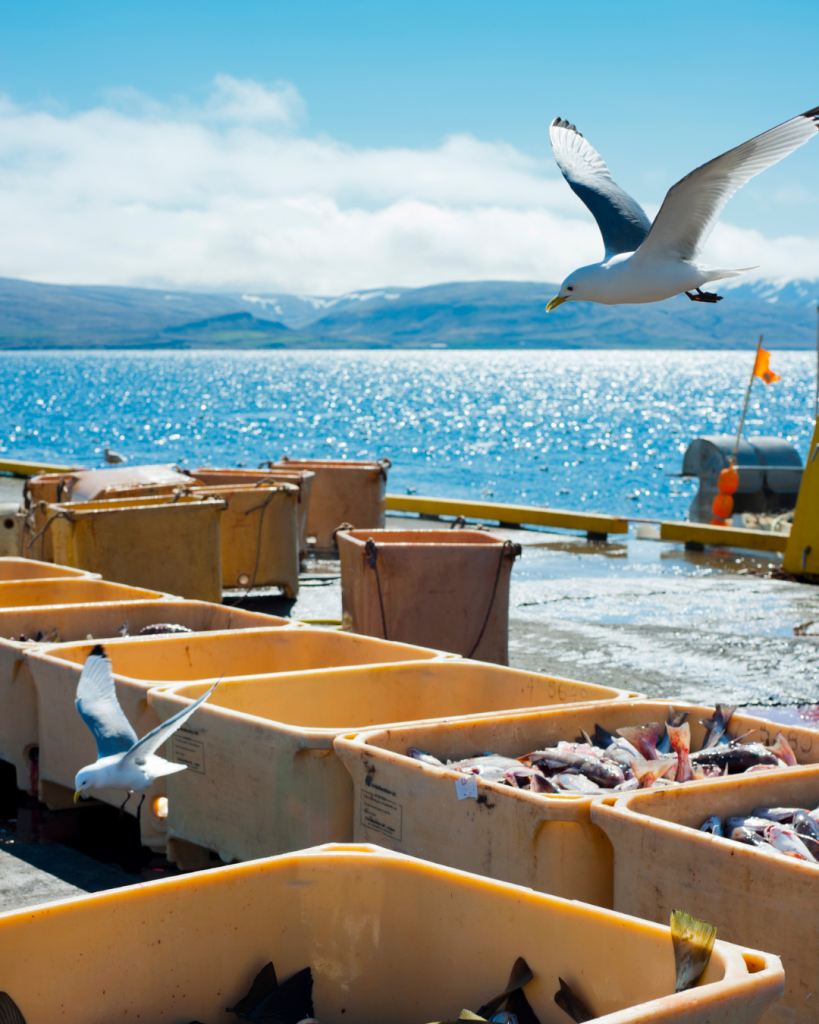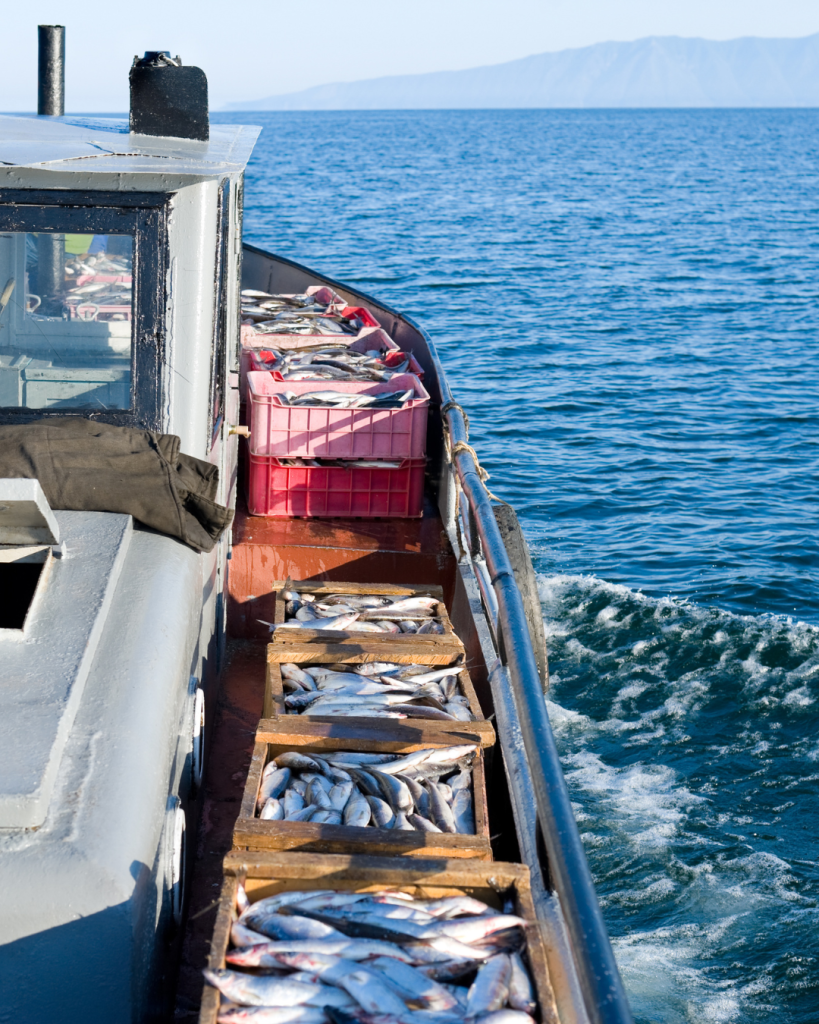Nestlé
Nestlé S.A. is a multinational food and drink processing conglomerate corporation headquartered in Switzerland. It is the largest food company in the world, and it sources fish and seafood from around the globe. Nestlé is working towards a future where it can verify that the seafood it sources comes from fisheries and farms that meet its Responsible Sourcing Standard requirements or are progressing toward meeting them through engagement in improvement projects.
Verité
Verité is an independent, non-profit, civil society organization that partners with corporations, governments, and non-governmental organizations (NGOs) to illuminate labor rights violations in supply chains and remedy them to the benefit of workers and companies alike.
Disclaimer: This case study is intended to be used as an educational resource and does not indicate an independent evaluation or endorsement by FishWise.
Challenge
Nestlé sources fish and seafood primarily for use in pet food products. These products often include byproducts, the fish material that remains after the parts for consumption have been removed. Given the complexity of byproduct supply chains, Nestlé’s seafood supply chain lacked traceability and transparency. Without accurate supply chain maps or risk assessments, Nestlé could not identify areas where workers were vulnerable to abuse or where prevention measures or remediation was needed.

Byproducts
Byproducts often include the racks of fish after it has been headed, gutted, and filets removed. Byproducts of various seafood proteins and origins are often aggregated into a complex supply chain. It can be difficult for brands that use byproduct to guarantee that their products are free of human rights and labor abuses because of the complexity of supply chains and the mixing of seafood from varied sources. For example, fish that is caught using forced labor may go from the vessel, through transshipment, to a processor who prepares the fish for human consumption, and the leftovers from this process may then be sent to a facility that produces fishmeal. While the processor may not directly use forced labor, the fish was still caught under exploitative practices. If a brand doesn’t have knowledge of their full supply chain beyond the byproduct processing facility, they cannot determine if their end products are socially responsible.
Strategy
In 2015, “seeking to better understand the risks of forced labor and human trafficking in the Thai seafood industry, Nestlé contracted Verité to conduct a focused investigation of six production sites in Thailand” (Verité). Verité conducted the assessment to look for indicators of forced labor and human trafficking — among other human rights and labor issues — in fishing ports, seafood processing operations, shrimp farms and vessels.

Why A Risk Assessment?
A risk assessment can help minimize the potential risk of forced labor, debt bondage, and trafficking in supply chains by identifying areas in the supply chain where workers may be vulnerable to abuses and where systemic issues need remediation.
Outcomes
Verité released the findings of their risk assessment to the public unabridged, with Nestlé’s support, and Nestlé created and shared publicly an action plan to address these findings. Nestlé and Verité coordinated their releases with links to other documents emphasizing their commitment to transparency. Some of Verité’s key findings included clear indicators of forced labor and human trafficking: :
- Workers had been subjected to deceptive recruitment practices, transported under inhumane conditions, and charged excessive fees leading to debt bondage
- Workers lacked appropriate documentation or had their passports and personal identification documents withheld by employers
- Workers faced harassment, verbal, and physical abuse at sea and restricted freedom of movement when doing land-based work
- Employers often withheld the workers’ pay and threatened them with financial penalties if workers wanted to terminate employment
The action plan includes the following objectives.
Objectives and 2018 progress:
- Supply chain mapping to create traceability and identify all potential origins of risk: Nestlé can now trace 99% of the seafood they source from Thailand back to the vessel or farm level. They are able to identify all of the Thai flagged vessels used to catch their seafood by name and vessel number.
- Defining and communicating working conditions to boat owners and captains: Nestlé created a demonstration boat to show good living and working conditions, aligned with the standards set by the International Labor Organisation’s (ILO) Work in Fishing Convention (C188). In 2018, 116 vessel owners and crew in the Nestlé supply chain were trained on these standards, including migrant workers from Cambodia, Laos, Thailand, and Myanmar.
- Responsible recruitment: As of 2018, all of Nestlé’s Thai seafood suppliers are implementing responsible recruitment initiatives, such as “no fees policy”. Over 3,400 workers in their Tier 1 facilities were recruited under these initiatives in 2018.
- Remediation channels: Since 2017, Issara has used its Inclusive Labour Monitoring (ILM) approach to provide an independent channel for workers across all tiers of Nestlé’s supply chain to safely share feedback — positive and negative — about workplace conditions, labour recruitment, migrants’ rights, and issues of concern. Issara operates in 100% of Tier 1 facilities in Thailand.
- Safety at sea: Nestlé banned suppliers from transshipment at sea unless an emergency.
Nestlé also initiated new partnerships with NGOs to help address labor rights in their Thailand seafood supply chain. Through these partnerships, Nestlé has made significant progress.
By 2019, 53% of Nestlé’s fish and seafood was sourced responsibly and 87% of was traceable (by-products transparent to country or fishery of origin).
Looking Forward
Along with the J.M. Smucker Company and Mars Petcare and their supplier Thai Union, Nestlé agreed to collaboratively fund projects in 2020 to improve the working conditions of fishermen on vessels. Among these collaborations is the continued use of the demonstration boat, created with Thai Union and Verité, as well as regularly-scheduled viewings and training workshops that will demonstrate to boat owners and crew how to meet all the latest legal requirements set forth by the government.
Nestlé is also continuing their partnership with The Fair Hiring Initiative, Inc. (TFHI) to conduct capacity-building for ethical and fair recruitment for agencies and employers enrolled in TFHI’s ‘On The Level’ certification program pilot. They aim to “support an increase in the pool of responsible recruitment agents and therefore responsibly recruited workers in the industry”.
Nestlé participates in and promotes multi-stakeholder engagement to drive industry wide change by
- Being a member of the Seafood Task Force’s Responsible Recruitment sub-group, working to develop and deploy industry-wide tools and principles.
- Joining the Responsible Labor Initiative, “a multi-industry, multi-stakeholder initiative focused on ensuring that the rights of workers vulnerable to forced labour in global supply chains are consistently respected and promoted.”
- Working with the Seafood Task Force to trace farm raised shrimp back to the fish meal sourcing vessels using the feed lot numbering process.
- Continuing to work with Issara and its Inclusive Labor Monitoring system to engage with vessel owners and boat captains to enable worker voice.
- Continuing to work with the Sustainable Fisheries Partnership to assess the risk at the origin of their seafood supply.
